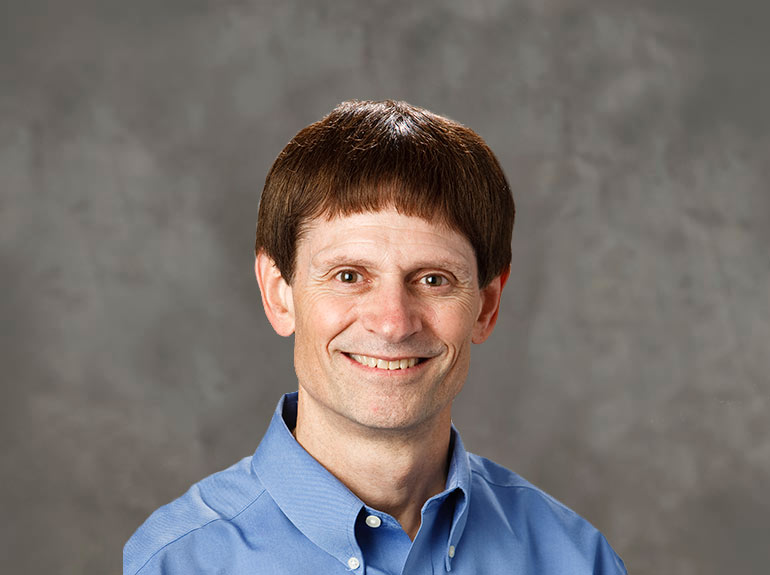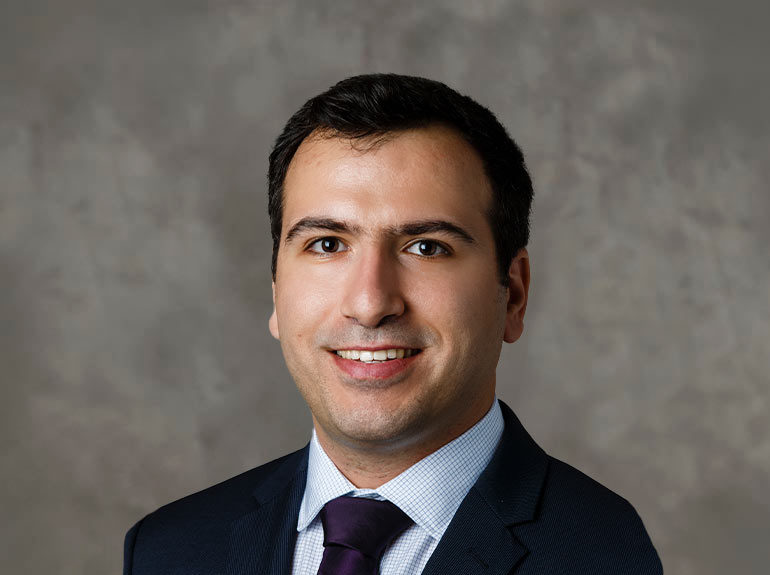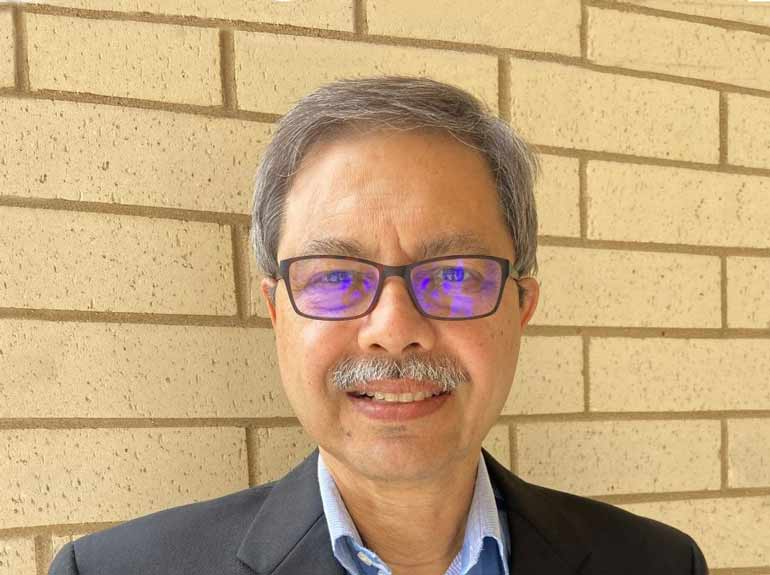Streamlined Admissions Process
A bachelor's degree from a U.S. regionally accredited institution (or international equivalent) and a minimum GPA of 2.7 is required. The GRE/GMAT is not required.
Several prevailing factors combine to create the Graduate Certificate in Power Electronics and Systems exciting, relevant, and essential. These factors include:
Students have the option to count coursework from their graduate certificate if they continue in a M.S. in Electrical Engineering degree offered through the School of Engineering at the University of St. Thomas.
Course details

Get Connected
To complete the requirements for the Graduate Certificate in Power Electronics and Systems, students must successfully complete four required courses (12 credits) and maintain a minimum GPA of 2.7. Students without a STEM background may require additional courses.
The required courses are:
Students may also choose to take optional 3-credit course: ETLS 745 Power Systems Operations and Controls
View the Graduate Programs in Engineering (ETLS) course catalog.
Our evening class schedules allow both industry professionals and career changers to achieve their educational goals. And each class meets just once per week.
A bachelor's degree from a U.S. regionally accredited institution (or international equivalent) and a minimum GPA of 2.7 is required. The GRE/GMAT is not required.
Our programs serve working professionals with busy lives. You choose how quickly you move through the curriculum. And you may start in any of our three starts: fall, spring or summer.

Attend an online information session to learn program details. Our programs serve working professionals with busy lives. Set your own pace and start fall, spring or summer. Classes are offered in the evenings. We look forward to meeting you.

Prior to joining St. Thomas, Dr. Greg Mowry had a successful 25-year career as a product development engineer and corporate research scientist for fortune-500 companies and startups. His research focuses on the use of photonics, magnetics, and power electronics/systems for humanitarian applications.

Dr. Mahmoud Kabalan is an associate professor and director of the St. Thomas Center for Microgrid Research. Mahmoud is passionate about using renewable energy sources as a means for a sustainable and just future. His interests and expertise include: microgrids/smart grids, electric power systems, renewable energy sources, power electronics, service learning in engineering, engineering education and international development.

Dr. Ranjan Chakravarty’s primary focus is in the area of power generation, economics and control. He has 20 years of industrial experience in energy conservation for process industry, power generation, power system optimization and control for thermal and hydrothermal systems. He has been a lead engineer for various energy control and optimization system for American and foreign assignments.